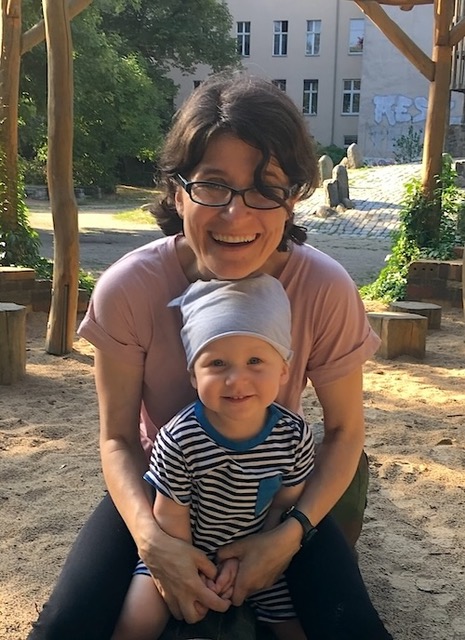History of Childhood (FNDS 1609)
What does it mean to “act your age”? While it might seem like a simple question, many of our basic assumptions about the stages of life between infancy and adulthood have changed over the last 300 years. At the same time, children and teens have become increasingly central to our society and pop culture.
This course examines how ideas about childhood and the experiences of children from different classes, races, and cultures have changed in the modern world. It uses the history of childhood to guide students in reflecting on their own path from high school to college. By introducing the idea that assumptions about maturity, adulthood, education, and work have changed over time, it gives students new tools for thinking about their interactions with the institutions and practices that mark the passage to adulthood.
Children rarely leave behind their own stories in the historical record, so learning about their lives also means developing a range of creative investigative skills that will help students prepare for university-level research, writing, and analysis. Through these investigations, this course seeks to understand what children can teach us about ourselves and our values—and why it is so hard to feel like an adult, no matter your age.
More about this course
Course Number: FNDS 1609, Section 001, CRN 15997
Number of Credits: 4
Attributes: Social and Behavioral Analysis GESB
Search UM-Dearborn Class Schedule to find out more.
Meet your faculty member: Kristin, Poling Associate Professor of History

Kristin Poling is associate professor of history at the University of Michigan—Dearborn, where she teaches and writes about topics including the history of the city and the history of revolution. She believes that learning happens best through experimentation and play, and that studying the past helps you discover more about yourself by challenging your assumptions and introducing you to new ways of thinking. She received the university’s distinguished teaching award in 2021. Outside the classroom, she enjoys word games, reading aloud, and well-designed playgrounds.
Have questions about this course? Email Dr. Poling at [email protected]
